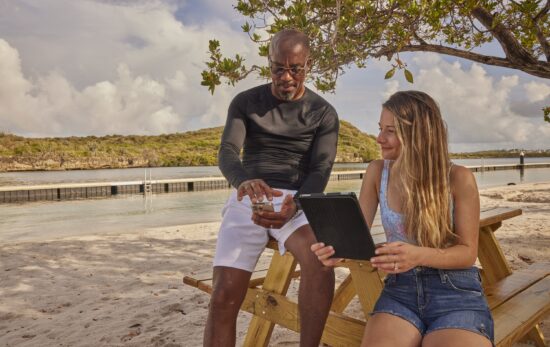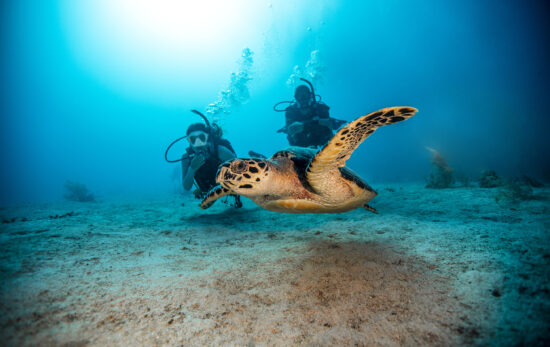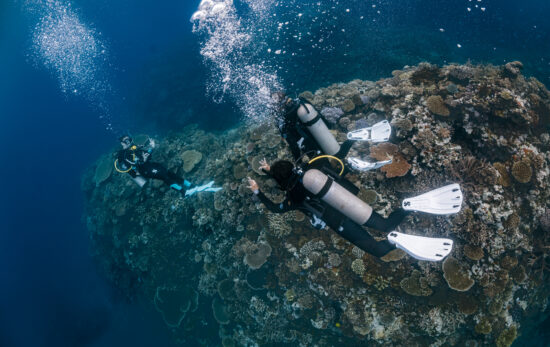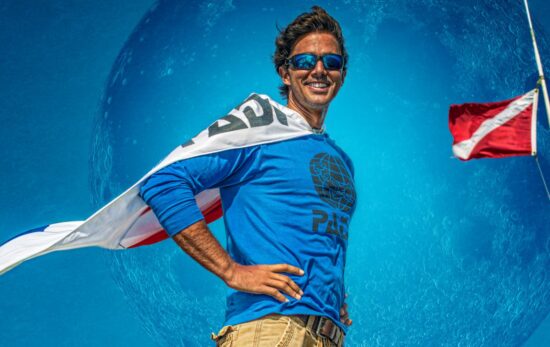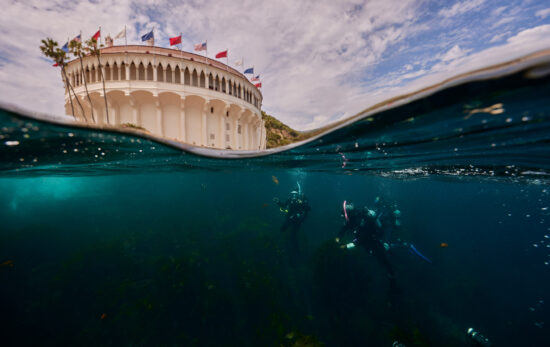In a previous blog, I talked about how diving makes the fantasy of “superpowers” real, giving us abilities that not only let us breathe and “fly” underwater, but enable us to help others and be part of saving the ocean. But, having these powers comes with a price – you have to use them.
Like anything humans learn and do, dive skills (knowledge skills, motor skills and combinations of both) erode with disuse. You probably remember that a refresher is recommended after you’ve not been diving for awhile, right? But, what’s “awhile”? Cognitive science can’t answer precisely because there are so many variables:
- Complex skills erode faster than simple ones. Skills like pulling on your fins (yes, that’s a skill) may show no meaningful erosion after years. Skills like sharing air via buddy breathing – passing one regulator back and forth – erode much more quickly (which is why alternate air source sharing – a far simpler, longer-retained skill – replaced it).
- Motor skills (what you do with your body) tend erode slower than knowledge skills (thinking skills). After ten years off a bicycle, most of us can ride one again quickly. Solving binomial algebra equations would take some time.
- The more you’ve used a skill – especially to the point you can do it automatically – the longer it resists erosion, and vice-versa. Even after 10 years, the algebra’s probably no problem for a math professor. For someone who rode a bike for only one day, a ten year lapse likely means starting over.
- With most skills, it takes less practice to get back to speed than to learn them in the first place. This is especially true with most gross motor skills (e.g. swimming with fins), but generally true for all skills. And again, the more you’ve used a skill in the past, the faster it comes back.
- Skills have skills. Diving is a skill broadly speaking, but it’s really a set of many skills – some you use routinely (dive planning, buoyancy control, setting your computer) and others hopefully not (gas sharing, and many of your PADI Rescue Diver skills). Furthermore, diving with regular scuba omits a lot of skills you need with a CCR. So, some of your dive skills stay fresh just by diving, whereas others require deliberate practice, refreshing or gear choices to prevent erosion.
- We all differ in our strengths, so we differ in what needs refreshing and how often. Skills that “stick” easily for you might take extra work for your buddy – and vice versa. And, we age and change – consider your current physical condition when self assessing what you can do.
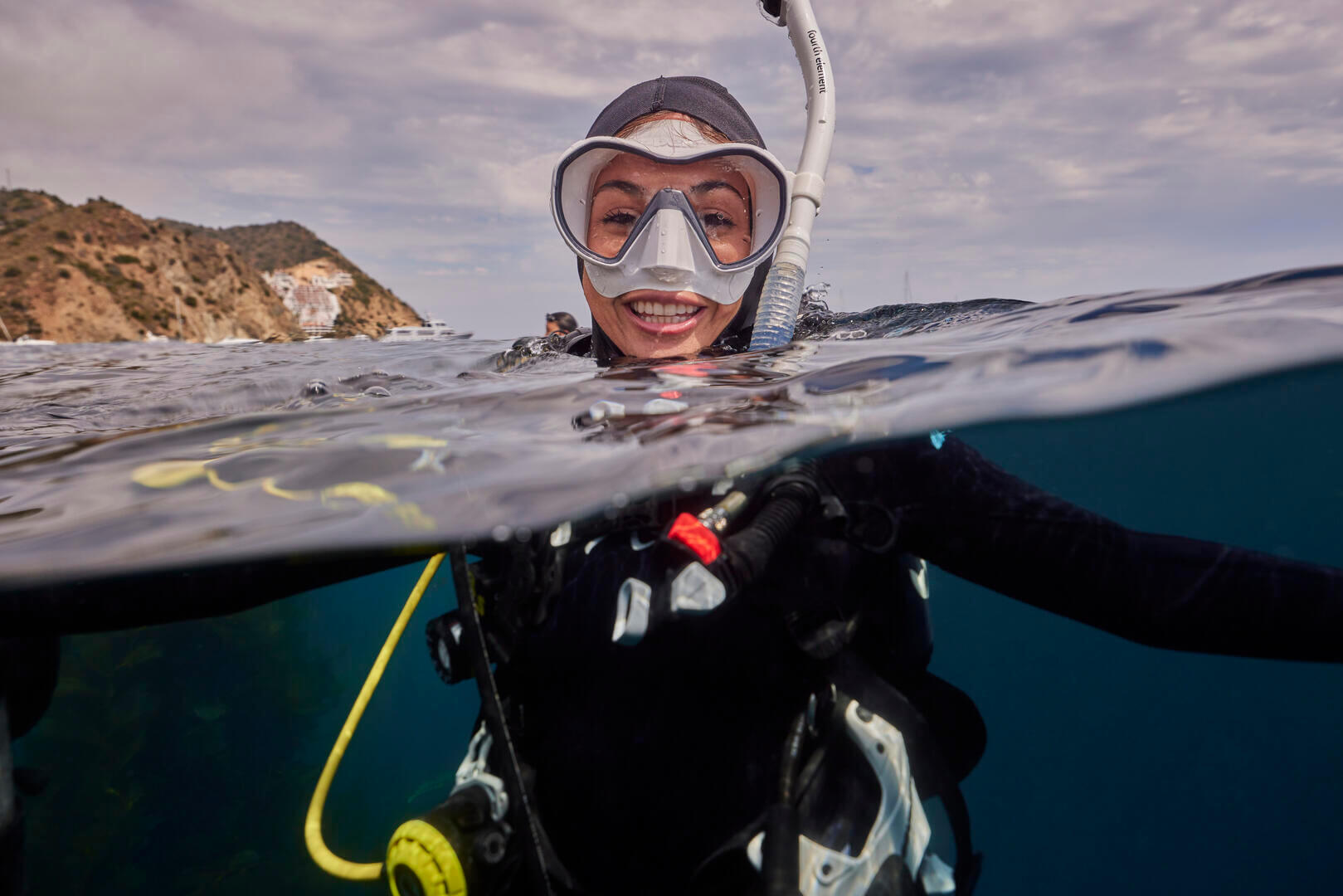
But all that doesn’t exactly answer the question, so here are some things to consider:
- Six months rule of thumb. DAN notes that skills degrade somewhat as quickly as 6 months, with most dive professionals considering 1 to 2 years a need for refresher training. This is a good basic guideline.
- If in doubt, refresh. There’s no harm in practicing a skill no matter how well you know it, and doing so resets the erosion clock. For a comprehensive refresher of primary scuba skills, see your PADI Instructor about PADI ReActivate. Ask them about PADI Rescue Diver and Emergency First Response CPR and First Aid refreshers, too.
- While diving, practice skills you don’t use much (like emergency skills) to reduce erosion. It’s easy with a little planning and buddy agreement – for example, agreeing to practice AAS air sharing (stationary or swimming at 5 meters/15 feet) during a safety stop. Give your buddy a free ride after surfacing to practice tired diver assists.
- Use swimming pools. You can practice most dive skills entirely or to a significant degree in a pool, or even better, a purpose-built dive site. Invite some buddies to join you after work, for example. It’s a convenient and fun way to keep skills sharp followed by social time afterward.
- Be prepared to show your logbook/log app to dive operators. Dive operators have different policies, but want to be reasonably sure you’re ready for diving. Some have required “warm up” dives or similar procedures. Be open and honest about your experience and how recently you’ve been diving – it’s all there to help you manage your risk.
Besides keeping refreshed, there’s another reason why using your diving superpowers is the price of having them. If DC Comic’s Superman never helped anyone, he’d just be some bloke who can fly and see through walls – not a superhero. Similarly, only when you use your diving superpowers to share the healing power of diving and/or join us as an Ocean Torchbearer to help restore the balance between humanity and the environment are they really superpowers.
Seek adventure. Save the ocean.
Dr. Drew Richardson
PADI President & CEO

